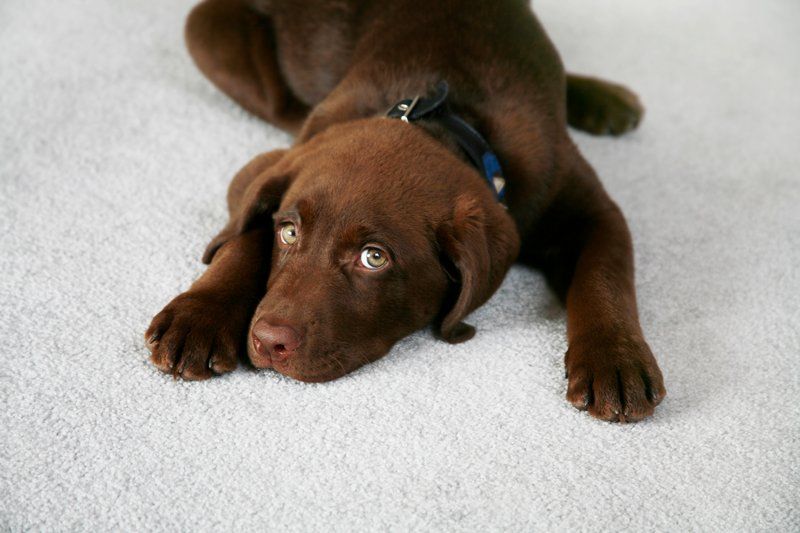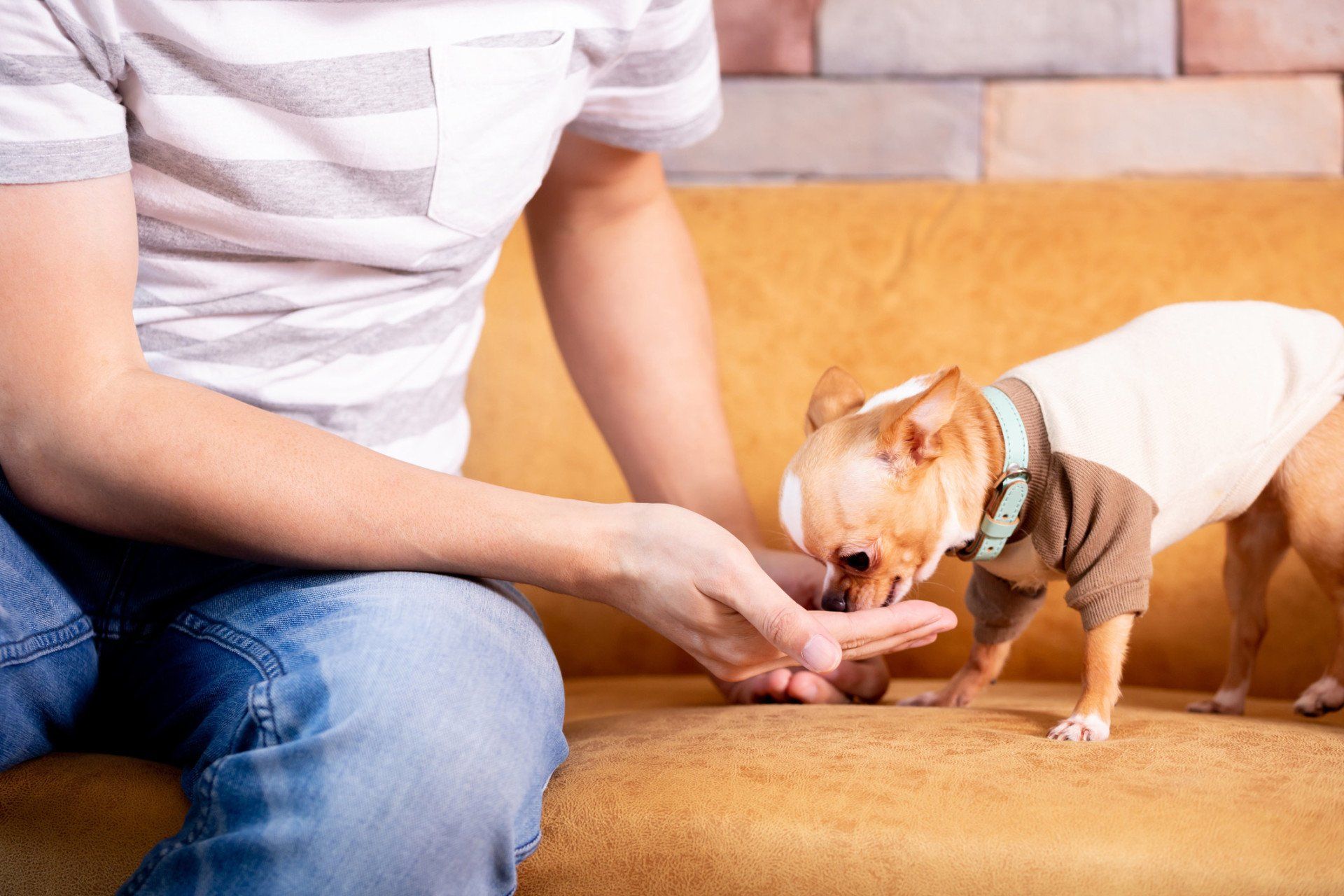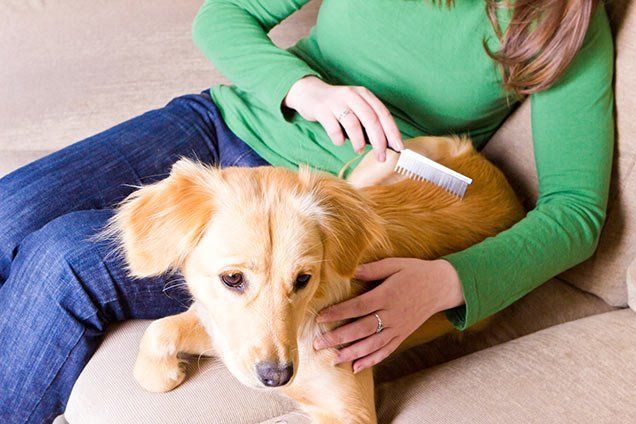How Much Will It Cost to Care for Your New Puppy?
How much does pet ownership cost? According to ASPCA estimates, it costs an average of $1,471 to own a small dog, $1,779 for a medium dog, and over $2,008 for a large dog in the first year. If you're ready to become a pet parent, take a look at what you need to know about the costs involved.
Food and Nutrition
The high-energy needs of a new puppy require a food-fueled supply. The ASPCA's first-year feeding cost estimates range from $212 for a small breed dog to just over $400 for a larger canine. Even though these estimates provide you with a general guideline, several factors impact the actual costs. These include:
- The puppy's size. The ASPCA's data shows an almost $200 difference between feeding a small versus large dog. Typically, larger dogs have higher energy and growth needs. This leads to more or larger quality feedings.
- The puppy's age. According to the American Kennel Club (AKC), between three- and six-months most dogs need less feedings per day. This decreases again between six- and 12-months. The lower number of feedings per day, the less you'll spend on food.
- The type of food. Different brands have different price points. Luckily, pet owners have a wide array of choices that can meet almost every budget.
- The dietary needs. Does your puppy require a special diet? You may need to pay more for a specialized, prescription, or allergy-friendly food.
The cost to feed your dog may change over the pet's lifetime. An older dog typically requires less food than a puppy. Even though this can save you money, some dogs develop specialized feeding needs as they age. This may require a more expensive prescription food.
Medical Care
How much will you need to spend on health-related pet costs? No universal answer exists for this question. Between vaccinations, well visits, and sick care, your dog will incur some medical expenses as a puppy. The healthcare costs for a puppy depend on:
- The vet's charge. Different veterinarian practices have different charges. While one vet may charge $50 for a well visit, another could charge double.
- Vaccination costs. Your new puppy will need rabies, canine distemper, adenovirus, and canine parvovirus during the first year. The cost per vaccination varies by vet office. Some shelters, organizations, and pet stores offer free or low-cost vaccine clinics.
- Illnesses. If your dog gets sick or injured, you'll need to pay extra for a vet visit. Depending on the issue, your dog will likely need blood tests, x-rays, medications, or other added procedures.
If you have concerns about the medical costs for your puppy, explore health insurance options. Like human insurance, the version pays for some of the costs related to accidents, injuries, and illness. It may also pay for well visits, diagnostic tests, or surgical procedures.
Boarding and Grooming
Along with the basics, such as feeding and healthcare, boarding, doggy daycare, and grooming may cost you as a new puppy owner. Before you add a new puppy to your family, consider:
- How much time the dog will spend alone. If you work long hours and your dog will need to stay home by themselves, you may need to spend on a dog sitter or doggy daycare.
- How often you travel. If you can't bring your puppy with you, factor in board-related costs.
- How much grooming the puppy requires. If you have a long-haired or specialty breed, you may need to pay more for grooming your new puppy.
Before you calculate these costs, contact boarding and grooming companies for estimates.
Do you need a place to board your new puppy? Contact Eli's Friends for more information.




















